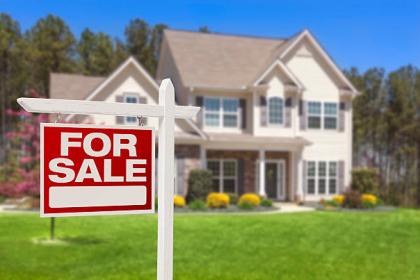Vietnam property market needs to act quickly in 2023 before it is too late and to avoid a crisis. The property market in Vietnam is not a major crisis such as what is happening in China is the past 2 years. However the government and property developers in Vietnam needs to act quickly to avoid a major crisis involving cash flows, property prices, and sales properties in Vietnam.
What is happening to Vietnam Property
Vietnam needs to act quickly to avoid a worsening property-sector credit crunch that could harm its strong economic growth. Some $4.6 billion of property developer notes tracked by Vietnam’s bond association will come due in the coming year and these firms may struggle to meet their financial obligations without government support, according to local real estate executives and analysts. The availability of funding has decreased significantly due to investor concerns over an anti-corruption campaign and a freeze on new bond issuance in the industry.
The approaching maturity wall runs the risk of setting off a wave of defaults, which could escalate the real estate problems into a larger crisis affecting the banking industry and the economy. Although Vietnam’s property debt is relatively small in absolute terms compared to China’s, it nonetheless accounts for around 11% of the country’s total economic activity. Growing concerns of a growth hit akin to that experienced by China are motivating calls for Vietnam’s leadership to take action now, before it’s too late.
Property Stock Benchmark
Signs of stress are already spreading. Fitch Ratings recently estimated a 5% drop in home sales next year, which coupled with rising costs will lead to a rise in leverage at property firms. A lack of cash has forced businesses to turn to shadow loans at very high interest rates and sell properties at discounts as deep as 40%.
Stress symptoms are already emerging. Recent predictions by Fitch Ratings for a 5% decline in home sales in 2019 combined with growing costs will increase leverage at real estate companies. Due to a lack of cash, firms have been compelled to sell properties at significant discounts of …





